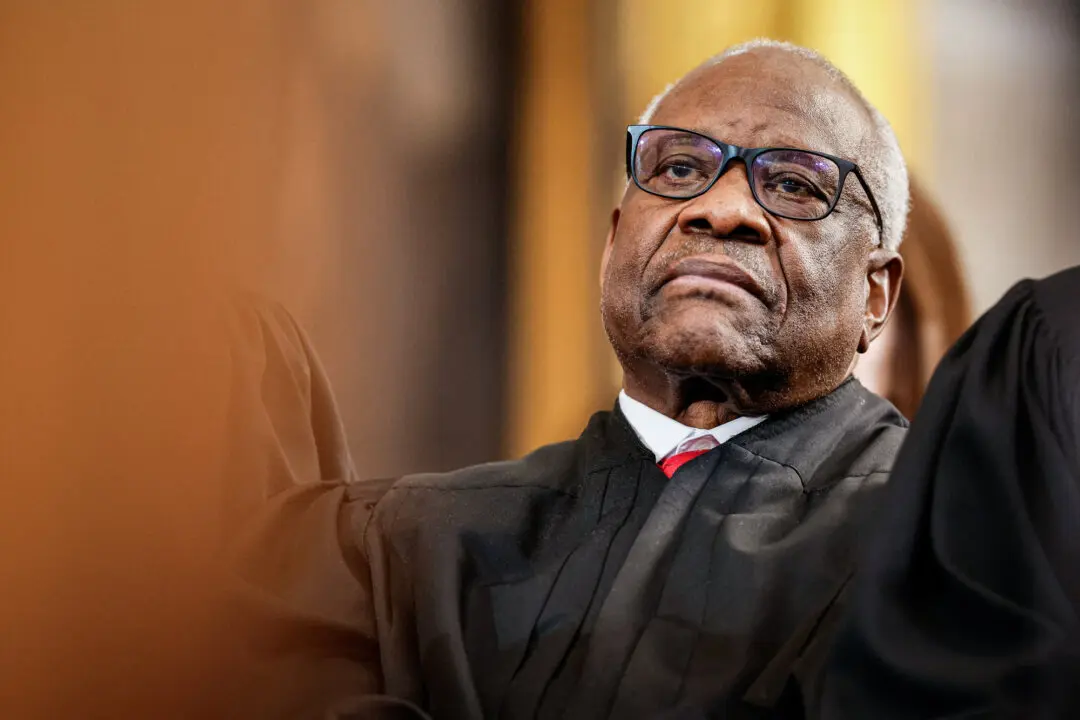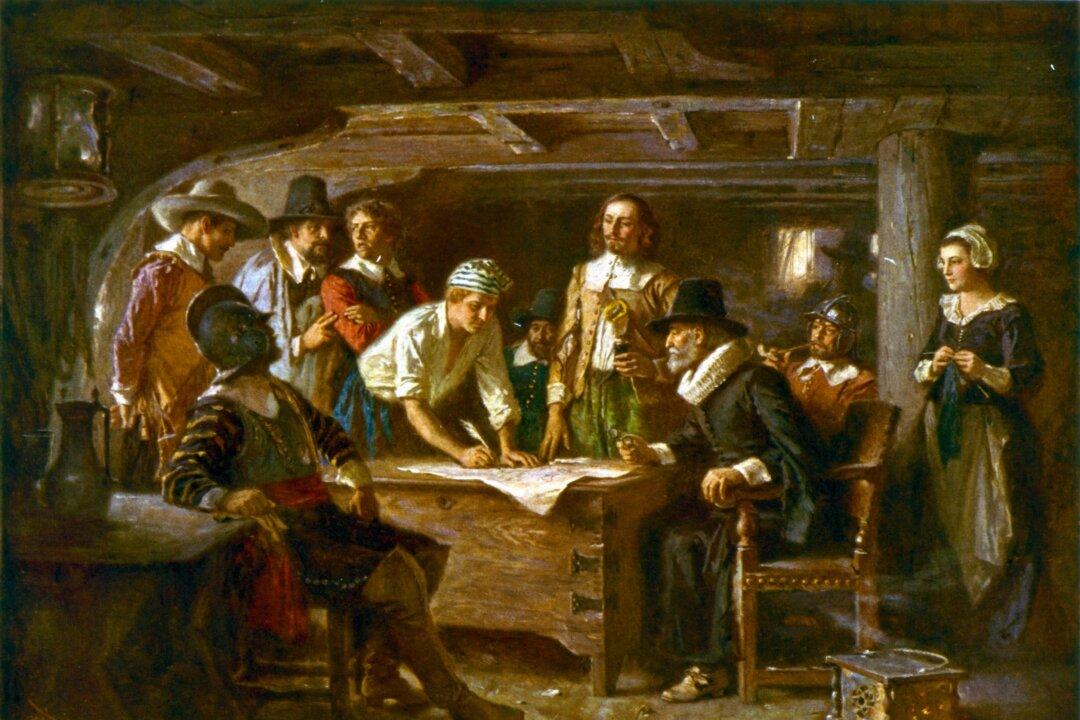Commentary
On May 20, 2021, then-Attorney General William Barr gave an amazing speech on the erosion of religious freedom and its implications for our society.
“Up until the 1970s or so, the instruction received in the public school system openly embraced Judeo-Christian beliefs and values, and most certainly was not hostile to, nor fundamentally in conflict with, traditional religious beliefs. ... This is when the left embarked on a relentless campaign of secularization intent on driving every vestige of traditional religion from the public square. Public schools quickly became the central battleground. ... It was secularization by subtraction,” Barr said.
“Yet even as the schools were forcibly secularized, the notion of moral instruction did not simply go away. The rich Judeo-Christian tradition was replaced with trite talk of liberal values—be a good person, be caring. But there was no underpinning for those values. What passed for morality had no metaphysical foundation. It is hard to teach that someone ought to behave in a certain way unless you can explain why. ... When you take away religion, you have left a moral vacuum.
“Now we are seeing the affirmative indoctrination of children with a secular belief system and worldview that is a substitute for religion and is antithetical to the beliefs and values of traditional God-centered religion. ... One of the main justifications for the common school movement was that they would be institutions to effectuate the melting pot—to promote our common identity, to promote a solidarity based on being an American. But now the schools have taken on the opposite mission of separating us, of teaching unbridgeable differences, of dividing us into many different identities destined to be antagonistic. It is all the more alarming and bizarre that the new state-sanctioned ideology challenges the very legitimacy of the nation itself—to the point of attacking its founding documents, principles, and symbols.”
In my new book, “Toward a More Perfect Union: The Moral and Cultural Case for Teaching the Great American Story,” I examine how we, as a nation, have gotten to this point that Barr describes.
Much of the current social discord we’re experiencing is the result of either complete ignorance of our past and how our government works—as I document with the woeful statistics of historical and civics knowledge of many Americans—or the blatant ideologically driven revisionism and academically dubious teaching of our history by individuals, such as the late Howard Zinn of Boston University, whose 1980 book “A People’s History of the United States,” a socialist reimaging of American history, became a version of the Bible for many on the left.





